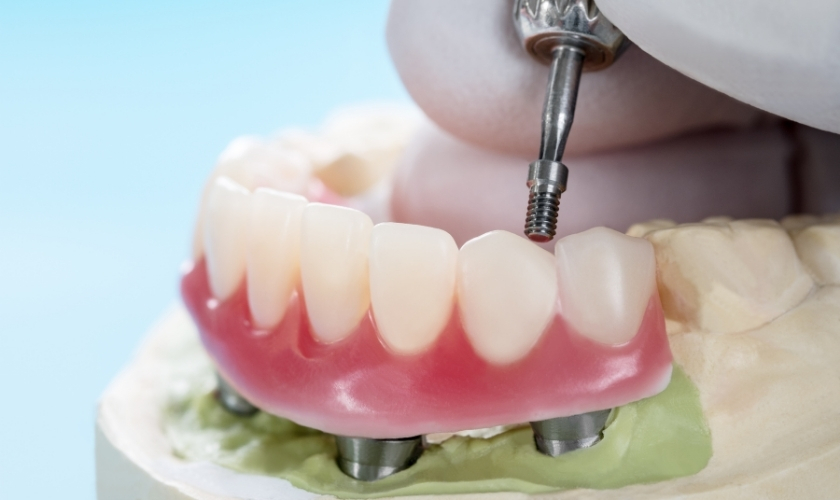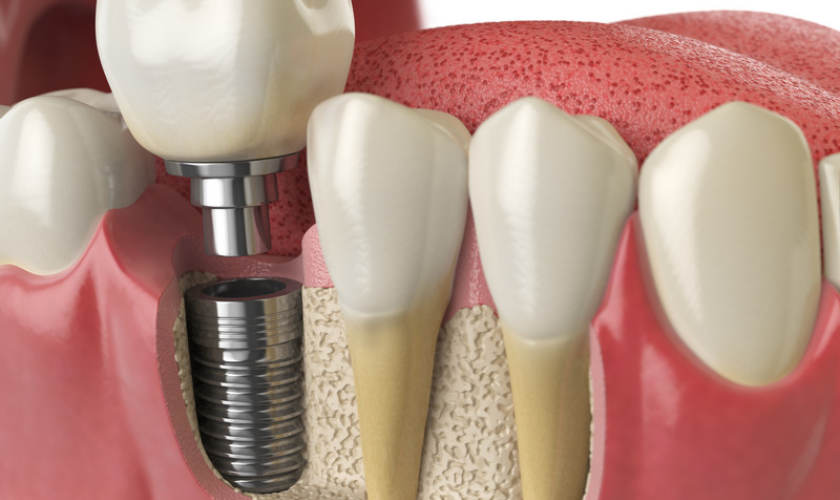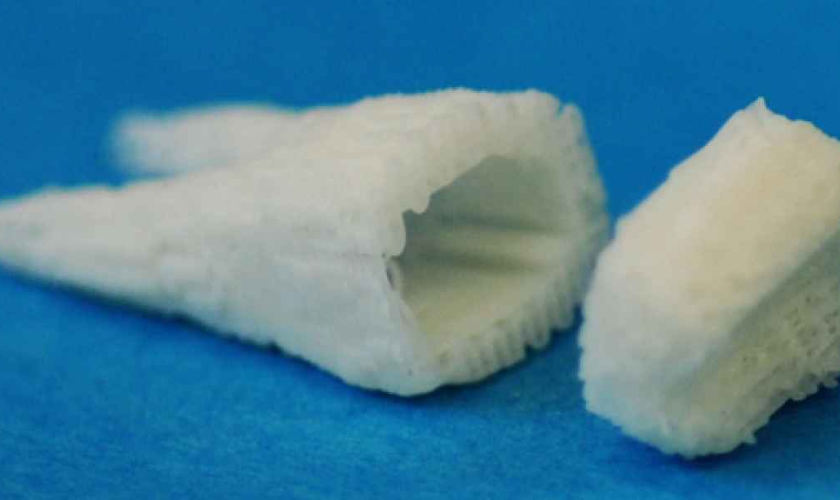(703) 372-5665
Caring for Dental Implants to Ensure Long-Term Success

Caring for Dental Implants to Ensure Long-Term Success
Caring for dental implants is key to ensuring they last a lifetime and provide the full value of the investment. Good oral hygiene practices, regular professional care, and a healthy diet are essential elements to preserving your implants in order to make them a long-term success. In this blog post, we’ll discuss what it takes to properly care for your dental implants to ensure long-term success.
What Are Dental Implants?
Dental implants are prosthetic teeth roots made from titanium metal that are placed into the jawbone beneath missing teeth. The implant serves as an anchor for replacement teeth such as crowns, bridges or dentures. Since dental implants replace natural tooth roots, they provide much better stability than traditional dentures or bridges, which can often slip or become loose.
Caring for Your Dental Implants
Because they are made of metal, dental implants are not susceptible to cavities and decay like natural teeth. However, it is still important to take proper care of your implants to ensure their longevity. Here are some tips for caring for your dental implants:
Brush and floss regularly:
Just like natural teeth, you must brush and floss your dental implants daily. Be sure to use a soft-bristled toothbrush and non-abrasive toothpaste to avoid damaging the implant. In addition, flossing is essential for removing food particles and plaque from around the base of the implant.
Visit your dentist regularly:
Visiting your dentist at least twice a year is essential to ensure the implants are in good condition. During these visits, your dentist will examine and clean the surrounding area of the implant to remove plaque or tartar buildup and check for signs of gum disease.
Maintain a healthy diet:
Eating a balanced diet rich in minerals and vitamins is essential for overall oral health, including dental implants. Eating foods such as lean proteins, dairy products, fruits, vegetables, nuts, and grains can help keep your teeth strong and healthy. Avoiding sugary snacks or acidic drinks like soda can also help protect your implants from developing staining or discoloration over time.
Avoid harsh mouthwashes:
While mouthwashes can be helpful for freshening breath and killing bacteria, some products can contain harsh chemicals that can damage dental implants. Stick to alcohol-free mouthwashes or those with a low alcohol content to avoid damaging the implant.
Don’t smoke:
Smoking is one of the worst things you can do for your oral health, including your dental implants. Tobacco use increases the risk of developing gum disease and other conditions that can lead to implant failure. If you currently smoke, quitting is the best thing you can do for your oral health.
By following these tips, you can help ensure your dental implants last a lifetime. With proper care, they will provide years of function and beauty.
Conclusion
Caring for dental implants is essential to ensure they last a lifetime. With proper care, such as brushing and flossing regularly, visiting the dentist twice a year, maintaining a healthy diet, avoiding harsh mouthwashes, and not smoking, you can maintain the health of your implants for years to come. If you have any questions about how to best take care of your dental implants, consult with your dentist for more information.
1. How often should I brush and floss my dental implants?
You should brush and floss your dental implants at least twice a day, just like you would with natural teeth.
Yes, it is normal to experience some tenderness or discomfort in the area around the implant within the first few days of placement. This should go away as your body adjusts to the implant.
Just like with natural teeth, you’ll want to avoid sugary snacks or acidic drinks like soda to help protect your implants from developing stains. Eating a balanced diet rich in minerals and vitamins can help keep your teeth strong and healthy.






